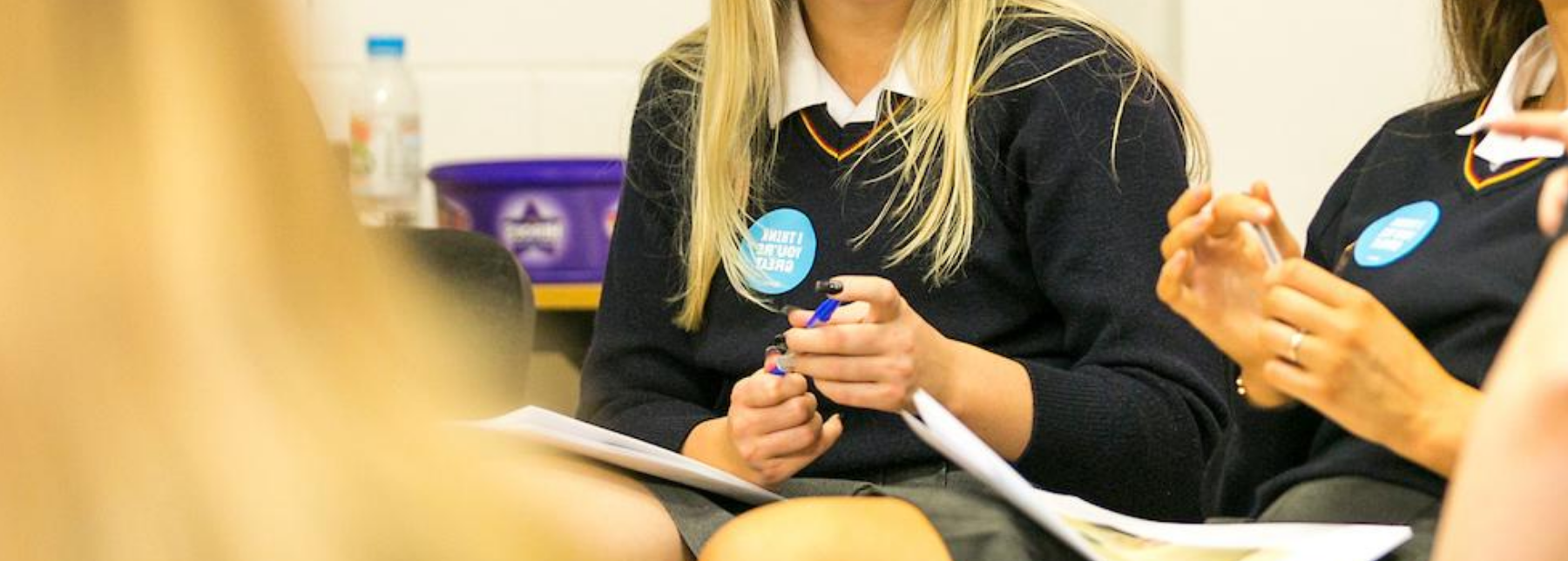1. Listen
When communicating with a young person, it’s important to listen. This sounds obvious, but it can be difficult not to jump in and offer your point of view.
Listening more than you talk is a good starting point. Being a good listener takes skill and a lot of effort. It doesn’t necessarily come naturally.
2. Give
Give young people time. It’s critical to really give young people time and attention if you want them to experience you as a good listener. We have all, at one time or other, tried to say something important to someone who was not really listening.
They may give this away by fidgeting, looking at something over our shoulder, checking their watch, or interrupting us. Can you recall how this made you feel?
It likely wasn’t a particularly pleasant feeling. You probably didn’t really feel listened to, understood or even important at that moment. If you’re not in a position to listen attentively to a young person, tell them and try choosing a better time for it.
3. Don’t judge
One of the reasons young people might not open up is due to fear of being judged. Convey to the young person in your life you’re not here to judge them, but simply to listen.
Assure them no matter what they say, you will still care and be there for them. You are not going to think any less of them, regardless.
Separating a person’s behaviour from the person themselves can help manage our tendency towards judgement. Another trap we can fall into is jumping to conclusions. Once we do this, we stop listening, rather than truly hearing what the young person is saying.
4. Normalise
Young people can often feel embarrassed or ashamed about their struggles. They often feel very alone, as if they are the only one experiencing these challenges. By normalising a young person’s feelings, you can reassure them.
Make sure you really listen to what is going on for that young person, and ask how they feel about it. Let them know that they are not alone.









